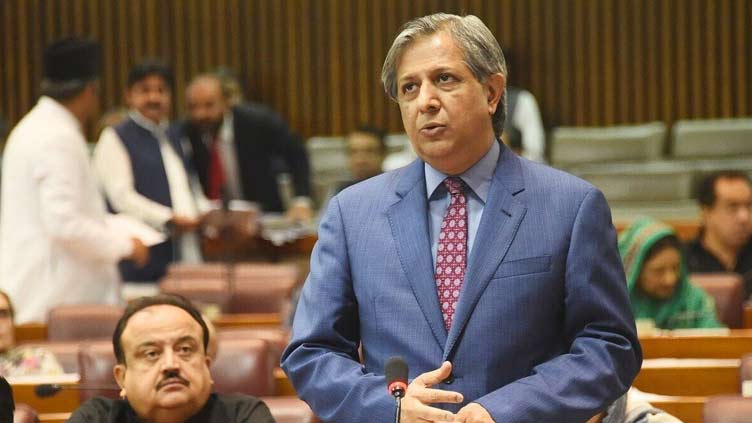Law Minister Azam Nazeer Tarar stated that any petition challenging the recently enacted 26th Constitutional Amendment would be heard by a larger constitutional bench established by the Judicial Commission, in response to PTI’s announcement of its intent to contest the amendment. He emphasized that an amendment passed by Parliament with a two-thirds majority cannot be challenged in court.
During an appearance on News programme, Tarar pointed out that Article 239 of the Constitution empowers Parliament to amend the Constitution, and its clause 5 explicitly states that such amendments cannot be questioned in any court.
He noted, “No amendment of the Constitution shall be called in question in any court on any ground whatsoever,” and referenced clause 6, which asserts that there are no limitations on Parliament’s power to amend any provisions of the Constitution.
Tarar also mentioned that the government had initially considered establishing a constitutional court, a proposal that had the support of PPP Chairman Bilawal Bhutto-Zardari. However, following discussions with JUI-F chief Maulana Fazlur Rehman, the plan shifted to forming constitutional benches instead, which the government accepted.
He added that the chief justice-led Judicial Commission of Pakistan (JCP) has the authority to appoint judges for these constitutional benches. “If a petition regarding the interpretation of the Constitution or an attempt to strike down the amendment— which is not possible under Article 239— arises, it will be heard by the larger constitutional bench constituted by the JCP,” Tarar explained.
Just a day prior, PTI leader Shoaib Shaheen announced that the party would challenge the 26th Constitutional Amendment in the Supreme Court, labeling it an “attack” on the nation’s judicial system.
The ruling coalition, led by Prime Minister Shehbaz Sharif, successfully passed the contentious amendment after weeks of political negotiations. The 26th Constitutional Amendment allows Parliament to select the next Chief Justice of Pakistan from among the three most senior Supreme Court judges, along with other changes that affect the judicial system, such as limiting suo motu powers and introducing performance evaluations for high court judges.
In line with these amendments, a Special Parliamentary Committee has nominated Justice Yahya Afridi, who is third on the seniority list (excluding the current Chief Justice Qazi Faez Isa), as the next Chief Justice. President Asif Ali Zardari subsequently approved Justice Afridi’s appointment, as per the notification issued by the Ministry of Law and Justice.


